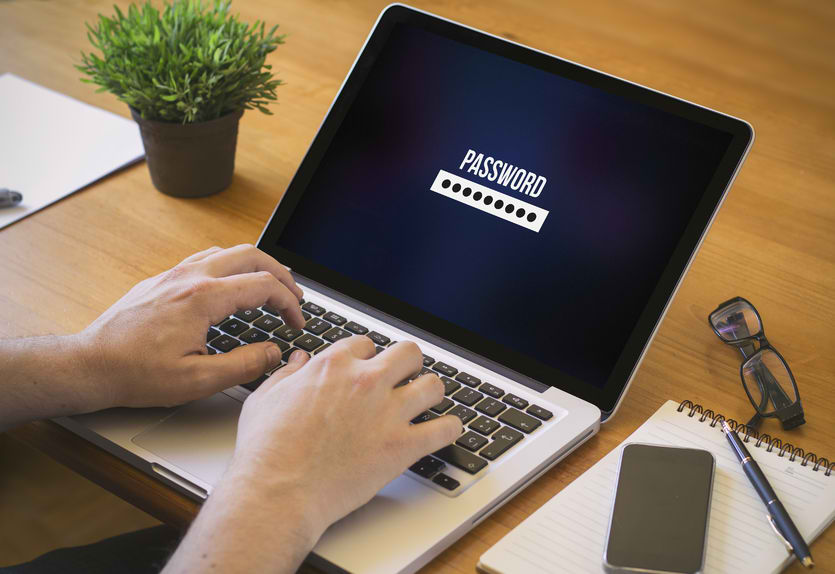Practice password safety in four simple ways

Image: INQUIRER.net stock photo
This year, World Password Day is on May 4, and anyone who has an online password is welcome to celebrate.
With growing online accounts, most people stick to one password for all—an unsafe practice that has led to several hacks over the years.
According to the World Password Day site, the event was created to generate awareness for “better password habits” and online security, and is held every first Thursday in May.
Here’s how you can join the party in four ways:
1. Create strong passwords.
According to SplashData, the worst passwords of 2015 include “12345”, “password”, “football”, and “letmein”. Using personal information also increases the likelihood of being hacked.
In fact, the tools that hackers use start cracking a password by starting with most popular ones as well as every word in the dictionary, shares Business Insider.
What if you don’t use words? The hacking tool will provide combinations of numbers or characters at random. Ultimately, a lengthier password can give you better protection to lower the probability of your password being decoded.
The solution is unique passwords: they should be at least eight characters with a combination of uppercase, lowercase, numbers and symbols.
Why stop at passwords when you can make a pass phrase? “Thund3r Sh0wers at Suns3t” is an example (just don’t use this one!). The longer, the better the password, and the more difficult it will be to hack your account. Just make sure that it’s a phrase memorable to you—you can even use mnemonics, or break the pass phrase in chunks.
2. Use a different password for each account.
This is where many of us falter—for the sake of convenience in multiple online accounts and multiple devices, we try to make our day a bit easier with one password for everything.
But that just makes cybercrime much easier to do. Your one password can be used on all your accounts and give easy access to all your information. Having different passwords is a way to assure you that your other accounts are safe in case one gets hacked.
3. Get a password manager.
No one likes having to remember at least 10 different passwords, not that anyone could unless you had super memory.
It is advised to get a password manager to save your time and add security to every account you have. These include truekey.com, LastPass and 1Password. After registering an account and listing a master password, just add online accounts, and the password manager will save your log-in credentials. You can then instantly log in to every account securely.
In the event that the master password is used in an unregistered device, the password manager will require extra login steps. This could be through sending a code via text or email and can serve as an alert to change your master password if you do not recognize the device.
4. Turn on multi-factor authentication.
First of all, what is multi-factor authentication? It is a security system that will only allow someone to access their online account after they input their credentials (ex. username and password), and after this, ensure that the user is really you either through a fingerprint scan or by sending a code via text.
You can view this either as a hassle, or a very necessary extra layer of protection: the World Password Day site says “450 million passwords were leaked from major internet companies” just last year.
Most sites, including social media and email ones have already included these as options. Sites like authy.com or twofactorauth.org help identify which sites you can use multi-factor authentication on.
In addition to these, do not share your password to anyone else, and change your passwords regularly—May 4 will be your chance.
Once you’re done with all these steps, you can now relax and party, knowing all your accounts are safe. Niña V. Guno/JB
RELATED STORIES:
How to elude hackers with decent password security